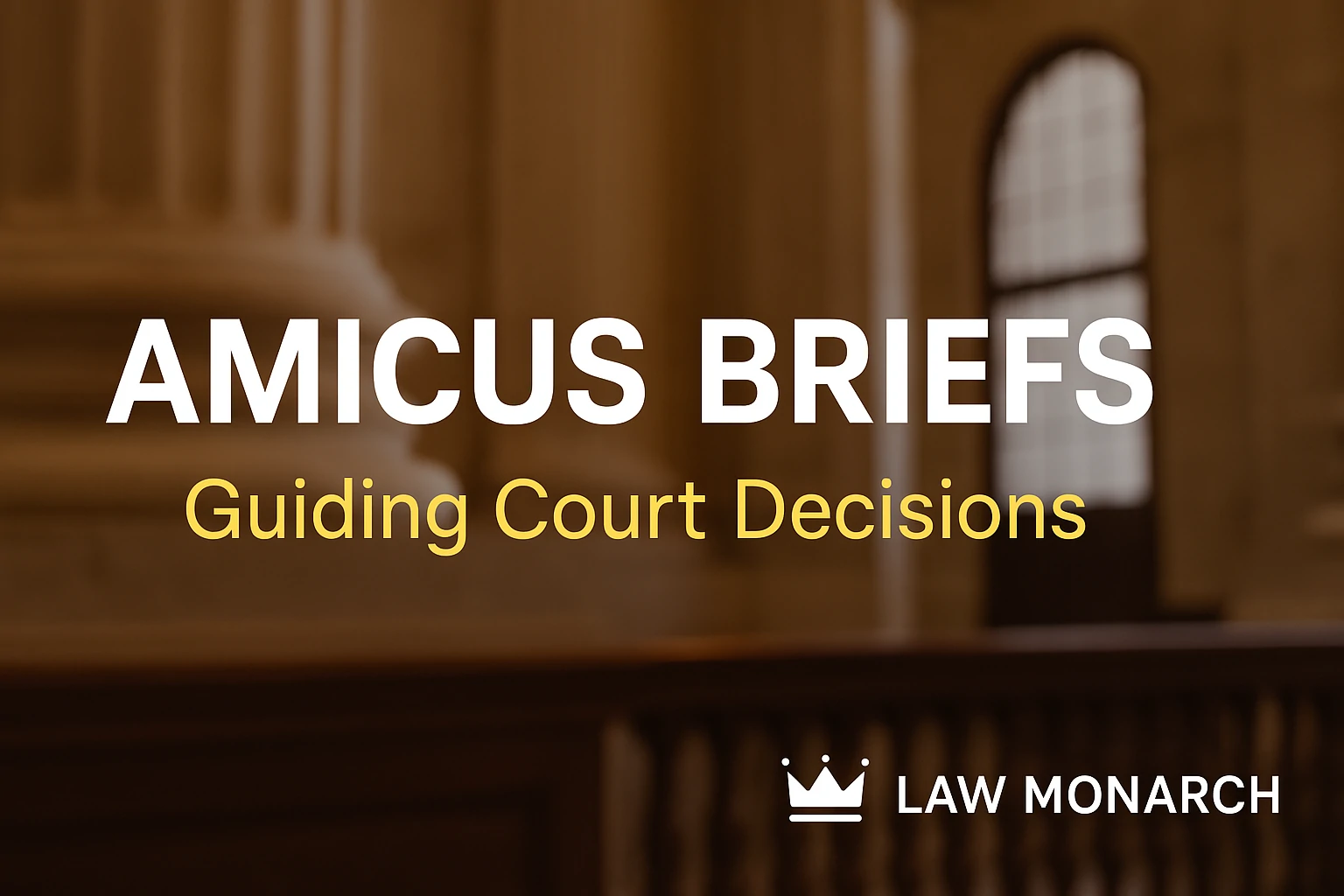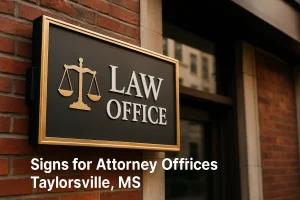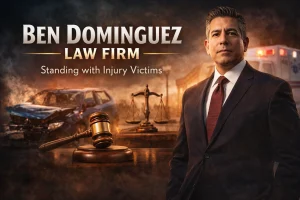Most people think only the lawyers in the courtroom matter. That view misses an important part of how cases work. Some of the biggest legal voices do not stand before the judge. They help from the outside. One way they do that is through an amicus brief. This legal tool gives outside groups a voice in the courtroom. It lets them guide a case without becoming one of the parties.
Perkins Coie is one of the most trusted law firms in the country. It plays a major role in the world of amicus briefs. The firm uses its skill and experience to offer input in key court cases. These briefs often speak on civil rights, tech law, election fairness, and freedom of speech. Perkins Coie does not just follow the law. It helps courts decide how the law should grow and move forward.
An amicus brief means “friend of the court.” It allows someone not directly involved in a case to step in and help the judge understand the broader impact. Judges may accept these briefs in important cases. This added voice can shape how courts see facts, read the law, or reach a final ruling. Though not always mentioned in the final decision, these briefs can play a quiet but strong part in the outcome.
This article explores how Perkins Coie and other leading law firms use amicus briefs. You will learn why these briefs matter, what purpose they serve, and how law firms use them to build long-term legal influence. You will also see how the brief process works and how these efforts shape both the law and public trust.
What Is an Amicus Brief and Why Does It Matter?
An amicus brief is a legal paper shared with the court. It comes from someone who is not part of the lawsuit. This person or group wants to help the judge see the full picture. The brief may bring in facts, legal ideas, or public points that the main sides did not share.
Courts must agree before they accept these briefs. The person or firm must ask for approval. Some courts let them file without asking, but that depends on the rules. Once accepted, the court adds the brief to the case records. Judges may look at it before they hear the case or give a final decision.
These briefs show up in big and complex cases. Courts often allow them in matters that involve civil rights, voting laws, free speech, or online privacy. The writers may be law firms, nonprofit groups, tech leaders, scholars, or state leaders. Their goal is to give the court one more angle to study.
Amicus briefs give a voice to people outside the case. Some of them may face the effects of the ruling but cannot speak in court. These briefs let them explain why the case matters to them. They help judges avoid narrow views and lead to decisions that are more fair, more thoughtful, and more complete.
Why Perkins Coie and Others Use Amicus Briefs
Top law firms do not submit amicus briefs without purpose. They choose each case with care. These briefs reflect strong legal beliefs, social causes, or client interests. A firm like Perkins Coie uses this tool to shape the law in lasting ways.
Perkins Coie has built a strong record in civil rights work. It supports open access to voting, stands up for minority protections, and pushes back against unfair rules. The firm also defends speech and privacy rights. Each brief shows where the firm stands and how it believes the law should work.
Writing these briefs also builds a firm’s place in the legal world. A clear and strong brief shows the court that the firm understands the issue well. This helps grow its reputation. Courts, peers, and even future clients notice this kind of legal work. It proves the firm has insight and judgment worth hearing.
These briefs also show the firm’s values. Some are written at no cost. Firms give their time to help promote fairness and justice. They may join with advocacy groups or schools to speak up for rights. This kind of work proves that the firm stands for more than money. It shows a deep respect for the law and for those who need a voice.
Perkins Coie’s Track Record with Amicus Briefs
Perkins Coie has submitted briefs in courts across the United States. These briefs often focus on civil rights, speech, and modern technology. The firm stands with those who want fair treatment and equal access under the law. Its work appears in both state courts and the U.S. Supreme Court.
In voting rights cases, Perkins Coie has opposed strict ID laws. These rules can make it harder for some people to vote. The firm also joins redistricting cases that affect how political power is shared. Its goal is to keep the voting system fair and open to all citizens.
The firm also takes action when speech is under threat. If a rule limits speech or causes fear, Perkins Coie speaks up. Its lawyers explain how vague laws can silence voices. They ask courts to protect speech and stop unfair restrictions.
In cases about digital rights, Perkins Coie deals with topics like data safety and internet freedom. These areas change fast. Courts may not fully understand the impact. The firm gives judges the tools to handle new tech and make fair rulings that protect basic rights.
The Steps Behind Writing a Brief
How Law Firms Influence Beyond Courtrooms
Amicus briefs let law firms shape the law without being part of the fight. Courts often quote these briefs in their rulings. This shows the court saw value in the outside view. These citations give the law firm credit and a place in the legal record.
Firms like Perkins Coie use this work to shape public policy. Their legal views can guide lawmakers, media, and the public. This impact may last far beyond the original case. Courts often face new cases with similar facts. A strong amicus brief may influence how future courts rule.
Sometimes, clients ask their law firm to file a brief in a case. The case may affect their industry or business area. The firm then writes a brief that supports the client’s interest but stays focused on legal ideas. This helps the client and the public at the same time.
Through this work, law firms show leadership. They help courts grow the law in smart, fair ways. They also build trust in the legal system by giving clear advice and honest views.
Are Amicus Briefs Always Neutral?
Some people think amicus briefs must be fair and neutral. In truth, many briefs take a side. The firm may not work for a party in the case, but it still has a goal. That goal may support one side’s argument more than the other.
This is not always bad. Courts expect bias and read with care. Judges know that some briefs come from groups with strong views. Still, the ideas in the brief may help the judge see something new or fix a mistake in the main arguments.
Perkins Coie often writes briefs to protect civil rights. These briefs support people whose rights are at risk. They help courts protect fairness and stop unfair treatment. Even if the firm leans toward one side, the value of its input remains strong.
Courts can still find truth in a biased brief. What matters most is how well the brief makes its case. If the ideas are clear, based in law, and well-written, the court may use them in its decision.
How These Briefs Shape Court Decisions
Amicus briefs do not control what a judge decides. Still, they can guide a judge’s thinking. A strong brief may help the judge ask new questions, weigh old facts, or choose a better legal rule. These briefs add value even when they do not change the final outcome.
Courts sometimes mention amicus briefs in their opinions. This shows the judge used the ideas or saw them as useful. Even when the court rules against the brief’s point of view, the ideas may help in later cases.
Perkins Coie writes briefs that help courts think big. These briefs show how a small case may touch millions of lives. This matters most in cases about voting, privacy, or rights. The firm gives judges the tools they need to make fair choices.
The briefs also help judges avoid tunnel vision. They show how the ruling will work in the real world. This makes for better, smarter rulings that stand up over time.
The Growing Need for Expert Voices
As laws get more complex, courts face harder questions. Judges cannot know every detail of every field. That is where amicus briefs help. They bring outside wisdom into the room and make the court smarter.
Perkins Coie is one of the firms leading this effort. Its work stands out because of its care, clarity, and strong moral center. The firm fights for fairness in law and does not shy away from hard topics. Its briefs have helped shape legal thinking in modern times.
More people now use amicus briefs. Nonprofits, schools, trade groups, and even cities file them. Courts welcome this input. They want more voices, more views, and better ideas. This makes the law more open and more fair to all.
As the future brings new laws and new rights, courts will need even more help. Amicus briefs will play a larger role. And firms like Perkins Coie will keep leading that charge.
Conclusion
Amicus briefs may not make headlines. Most people never hear of them. Still, these quiet documents hold power. They shape how courts think, rule, and protect rights. Law firms like Perkins Coie use them to build a better legal future.
The firm does not seek glory. It seeks justice. Through its briefs, it gives judges better tools and helps protect the values that hold the system together. It fights not just for clients, but for the law itself.
As more cases grow complex, this role becomes more vital. Perkins Coie and other leading firms will keep guiding courts from behind the scenes. Their words will echo in rulings, opinions, and lives for years to come.
This article is for general information only. It does not give legal advice. Always speak with a licensed attorney about your legal rights and options. Perkins Coie is mentioned for public interest and educational purposes only.




